‘Switzerland has to know where it wants to go in the world’
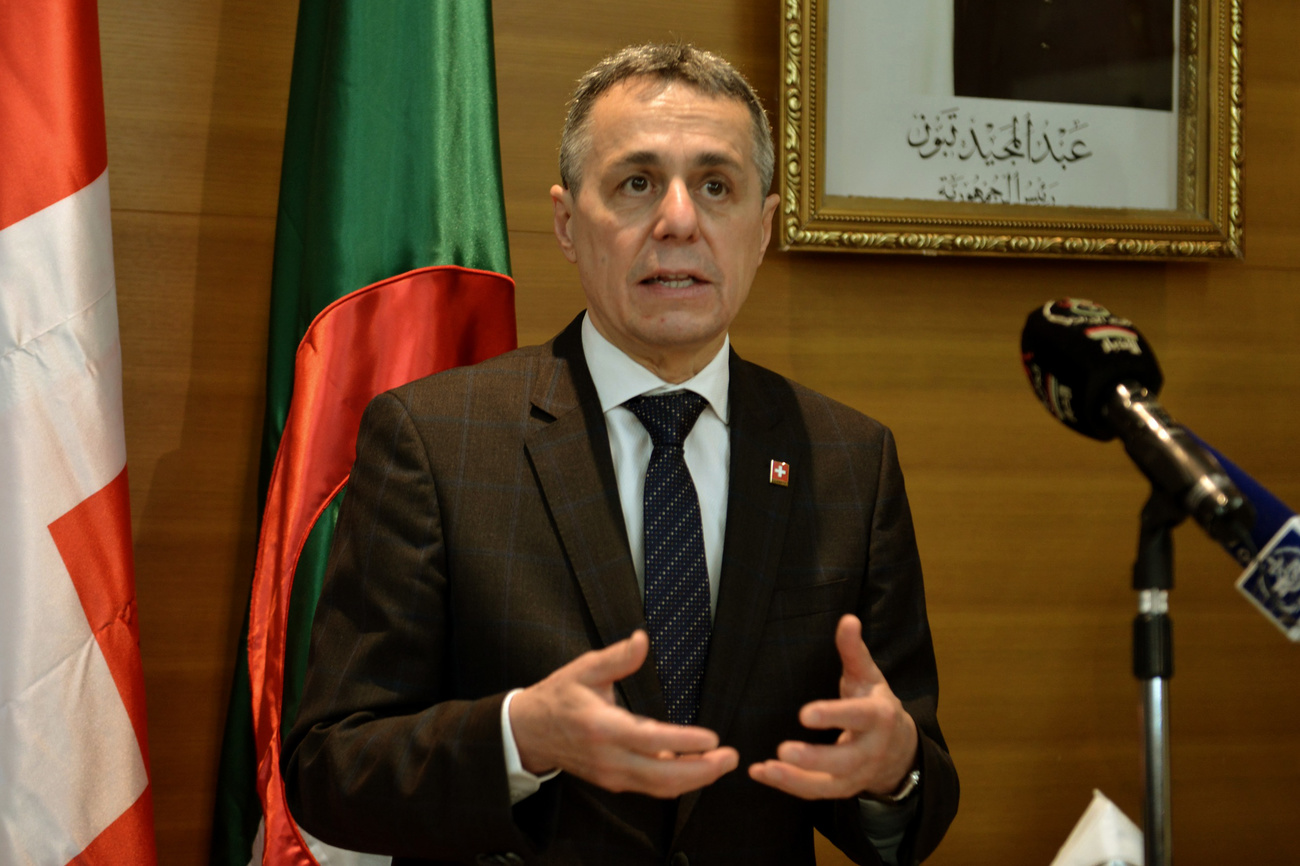
Swiss Foreign Minister Ignazio Cassis talks about Switzerland’s new Africa strategy, it’s role as a possible mediator in the Middle East, and the importance of Swiss citizens abroad for the upcoming eID vote.
SWI swissinfo.ch: Minister Cassis, the eID vote is set to be a close one. You have invited us here to discuss it. Does the government need the Swiss abroad in order to secure a majority “yes” vote?
Ignazio Cassis: Yes, of course the government needs the Swiss abroad. It needs a majority. Whether this majority comes from Swiss at home or Swiss living elsewhere isn’t important. But expatriate Swiss have an added reason to back the project because they want good, customer-friendly consular services. Customer-friendly means you don’t have to drive two hours to prove your identity at a counter or go to the trouble of sending your passport or a copy of it by post. The eID is a panacea enabling simple and safe identification for consular services.
SWI: Swiss expats have been fighting for years against cuts in Switzerland’s foreign service. Recently your ministry said small consulates will be strengthened. Where will these upgrades take place?
I.C.: A needs assessment is underway. But we are talking about a restructuring rather than an upgrade – jobs will be moved from headquarters to operations abroad. In the past years we have cut jobs in external locations for staff who can be relocated and replaced them with local hires. Throughout the coronavirus crisis we have established how important it is to have a strong network abroad in order to support Swiss citizens in need. Smaller facilities reach their capacity limits quickly in a global crisis like this. Of course, we can send support staff from Bern, but some missions need to be fundamentally strengthened with both consular and diplomatic staff.
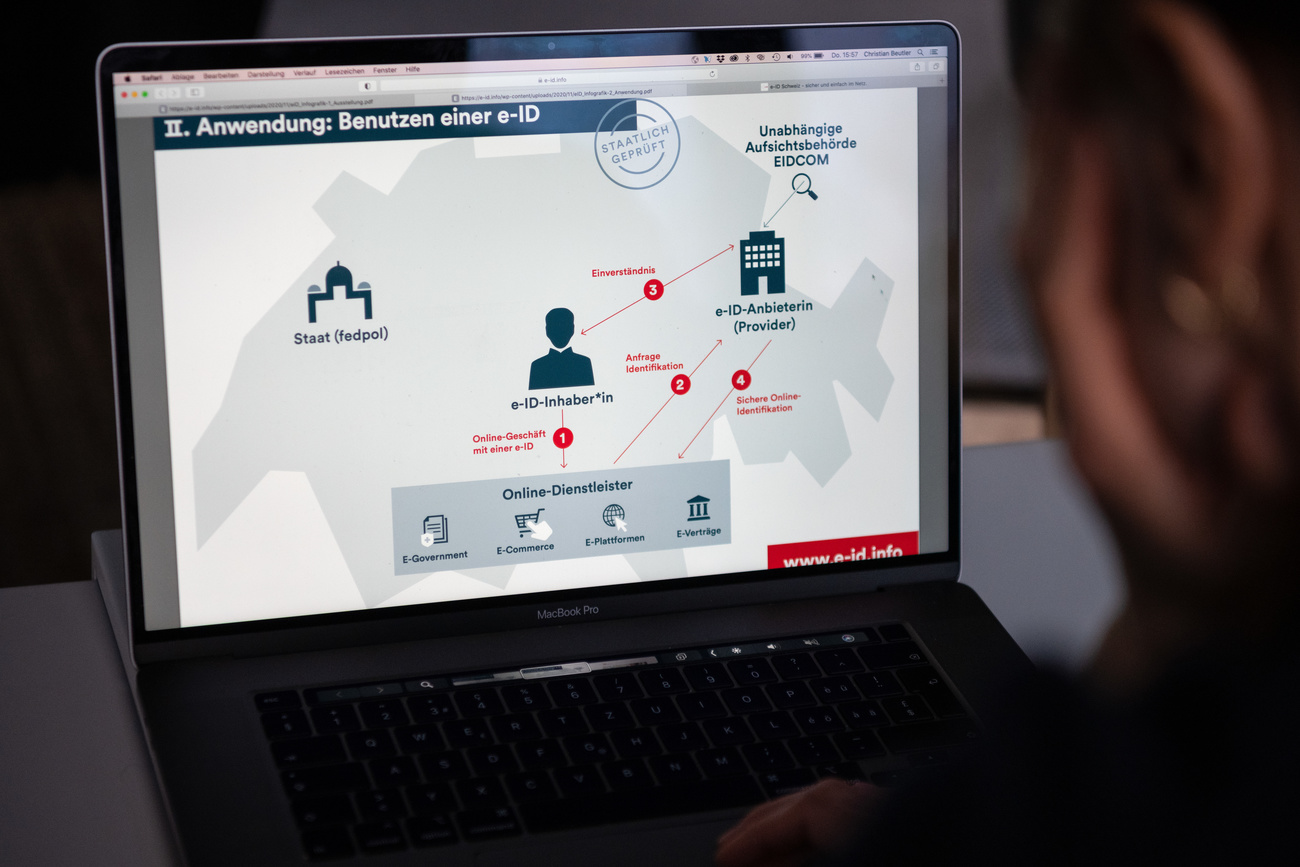
More
The Swiss eID law has flaws, but is another version worth the wait?
SWI: Was it purely the pandemic that led to this change of direction?
I.C.: No. The coronavirus exposed the weaknesses more starkly. I was already under the impression before the pandemic that some embassies and consulates were operating at their limit: partly because of resource issues, and partly because they didn’t have clear goals and tasks. So this reform was already on my to-do list; it has always been clear to me that our core business is not our headquarters in Bern, but the missions abroad.
SWI: So the bottom line is that this is a reversal of previous strategy which was to reduce Swiss diplomatic presence overseas?
I.C.: It’s not so black and white. We are continually evaluating our external network to see if it meets current needs. A Consulate General will be closed in one place, and somewhere else a new one will be opened. Four closures might be followed by five openings – you have to look at this on a longer time-scale. Then it becomes clear that our presence, with about 170 missions globally, is relatively consistent. But yes, we made mistakes too: Chicago was one of them. We shouldn’t have closed that Consulate General. I reversed that decision.
SWI: One big subject for the Swiss abroad at the moment is access to a coronavirus vaccination. Many are considering travelling to Switzerland to get it. It appears that the foreign ministry is in discussions with the Federal Office of Public Health on this. Is there a solution?
I.C.: There have been discussions between the foreign ministry and the health office, but these were mainly about vaccinations for foreign diplomats in Switzerland and for the staff of global organisations in Geneva. The basic situation for the Swiss living abroad is that they must get vaccinated in their countries of residence. This doesn’t exclude the possibility of travelling to Switzerland for vaccination, but only those insured in Switzerland can take advantage of free access to a vaccination here.
SWI: You have just come back from a visit to Algeria, Mali, Senegal, and Gambia. Is there any progress on migration agreements, particularly with Algeria?
I.C.: Algeria plays a fundamental role in curbing migration from western Africa to the north, but also in offering protection to those expelled from their homeland. We can thank the country for the fact that problems on the migrant route from western Africa are not worse than they are. We had the opportunity to express our acknowledgement of the good job that Algeria is doing. The challenges faced by such countries are often overlooked when we talk about migration in Switzerland. Recognising Algeria’s contribution opened the door for talks on specific readmissions as well as general talks on bilateral readmission agreements.
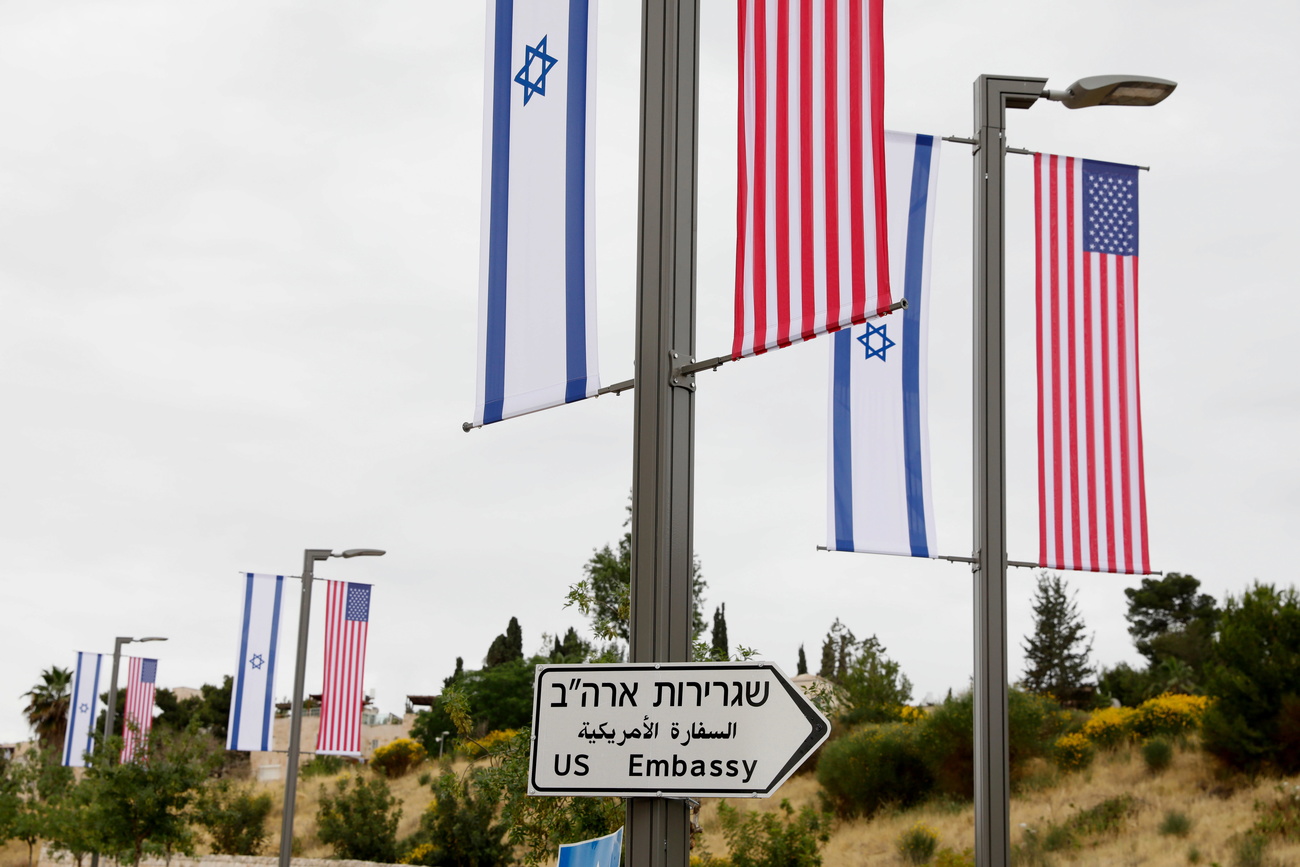
More
How the US could influence Swiss policy in the Middle East
SWI: Is Switzerland’s goal to implement functioning readmission policies?
I.C.: That’s putting it too crudely. It needs to be looked at with more nuance. It’s a question of human lives and cultural particularities. For domestic political reasons, Algeria would for example prefer to avoid images of chartered repatriation flights, even if the people involved are returning voluntarily. It’s a matter of taking these sensibilities into account in our talks and working together towards constructive solutions.
SWI: What reputation does Switzerland have in the countries you visited?
I.C.: There was enormous respect in the four countries for the fact that Switzerland has its own strategy towards Africa. It’s important to know that Switzerland has, for the first time, an Africa strategy – a vision that enables us to identify goals. These goals lead to action, and the results of this action can be measured against the goals.
SWI: That sounds like an academic paper, but not very concrete.
I.C.: But it is. Take Mali, currently under a transitional government. People there are living in a hugely unstable situation, despite the presence of security forces from all around the world. We have offered to provide support for elections in spring. We could also help the country in drawing up its constitution.
Switzerland is also active in development cooperation in Mali. I visited a dairy, where cows used to produce two to three litres of milk per day. Thanks to Swiss expertise and breeding methods, they are now producing seven to eight litres. The goal is 20 litres a day – ten times more at no extra cost.
SWI: Why does Switzerland consider Mali to be so important?
I.C.: This is proactive foreign policy, which is very important to me. Foreign policy in Switzerland is often viewed as opportunity-driven and reactive – we help out here, we offer good offices there. That’s important and it won’t change, but it’s not enough. Switzerland has to know where it wants to go in the world. We have drawn up geographic and thematic strategies, and my trip to Africa was the starting point for implementing our strategy for sub-Saharan Africa.

More
Need a diplomatic messenger? Switzerland is eager to help
SWI: On the subject of migration, the Maghreb is increasing in importance. Is that also on your radar?
I.C.: Yes, the increasing importance of the Maghreb was the reason for my trip to this region. I was in Egypt in 2019, but no foreign minister had been to Algeria for 15 years. Neither has a Swiss foreign minister visited Tunisia, Morocco, or Libya for many years. These countries have been somewhat neglected, and it’s my goal to visit them one after another.
SWI: Your trip to Jordan in 2018 is still a talking point in Switzerland. You were attacked for critical comments about UNWRA, the relief agency for Palestinian refugees. How do you view the situation in the Middle East today?
I.C.: The fact that an increasing number of Arab countries have normalised relations with Israel is a very important development. It shows that in a region dominated by conflict and mistrust, cooperation and reconciliation are possible. At the same time we have to be careful that this doesn’t create new divisions in the Middle East.
This positive momentum means Palestinians are again seriously talking about internal reconciliation. For example, at the moment the Palestinian Authority in Ramallah has no say over what happens in Gaza. This rift weakens the legitimacy of Palestinian institutions. My hope is that they will organise elections soon and speak with one voice again. Then the whole world will listen.
SWI: Even Israel?
I.C.: Last year, I visited my counterpart in Israel, then went to the Occupied Territories. I met with the Prime Minister and my counterpart there. I said to them: “We must sit at the table again, but without preconceived ideas about the final outcome”. I offered Geneva as a location for future negotiations.
SWI: Switzerland as mediator in the Middle East: is this really under consideration?
I.C.: During that visit, I saw how much both parties trust Switzerland. Our good offices are at their disposal. But they have to agree to negotiations. With upcoming elections in Israel and in the occupied territories, I expect delays.
SWI: But the framework is clear: Switzerland is in favour of a two-state solution.
I.C.: Yes, the two-state solution is the goal. International law is the framework. But it’s up to the parties to negotiate how they will get there – with the support of Switzerland and the international community.
SWI: The new administration in Washington will shift the parameters in the region. Joe Biden wants a fast end to the conflict in Yemen, for example. Is that another mediating job for Switzerland?
I.C.: Of course we have offered our services and we are already supporting the United Nations in its efforts to find a political solution in Yemen. Joe Biden’s decision is important. It has the potential to exert pressure for a peaceful, political solution to the conflict.
On March 1, My Swedish counterpart and I will hold a humanitarian donors’ conference in Geneva to raise funds for Yemen. The needs are enormous. It’s high time for a lasting ceasefire.
Translated from German by Catherine Hickley, SWI swissinfo.ch

In compliance with the JTI standards
More: SWI swissinfo.ch certified by the Journalism Trust Initiative










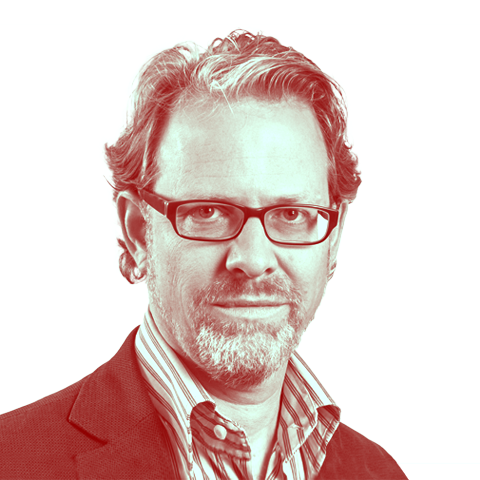
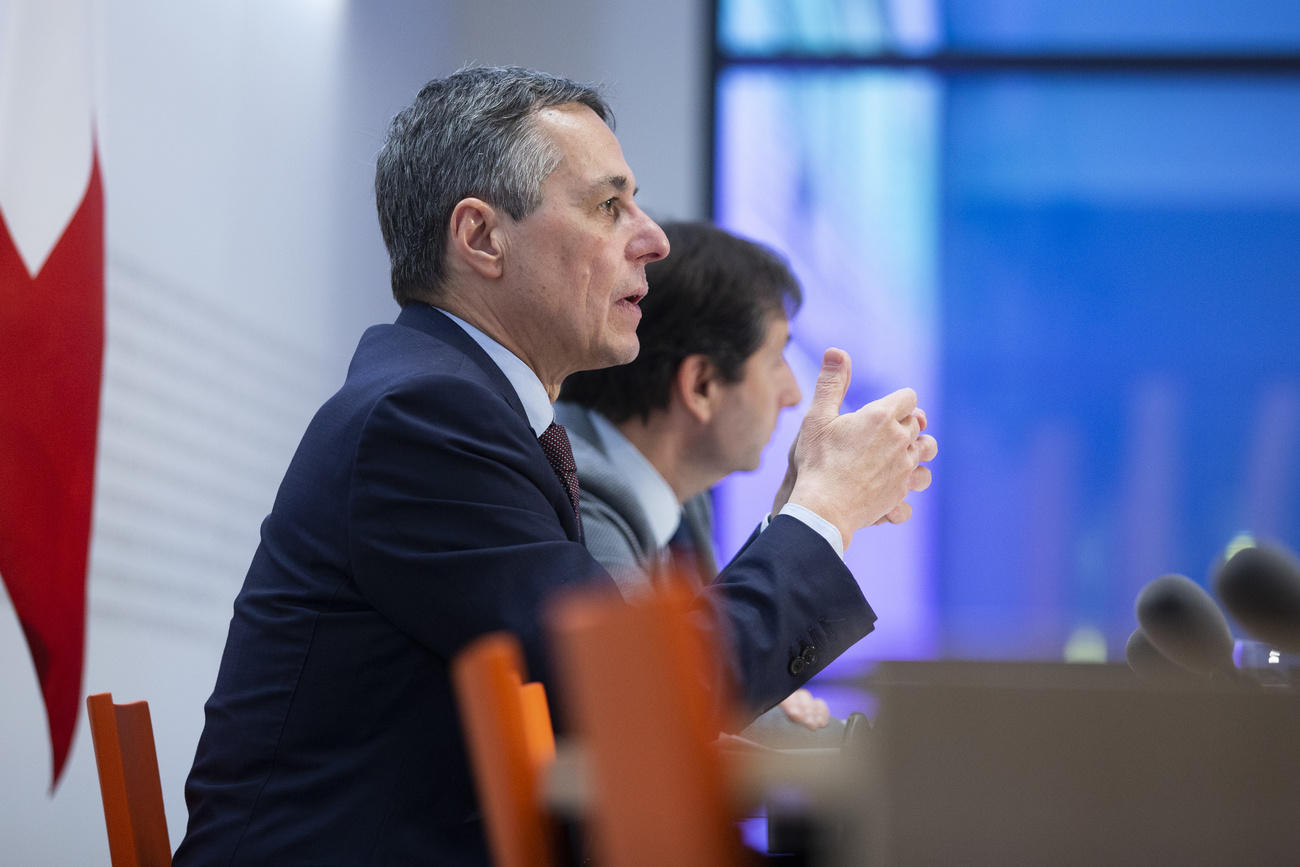
You can find an overview of ongoing debates with our journalists here . Please join us!
If you want to start a conversation about a topic raised in this article or want to report factual errors, email us at english@swissinfo.ch.